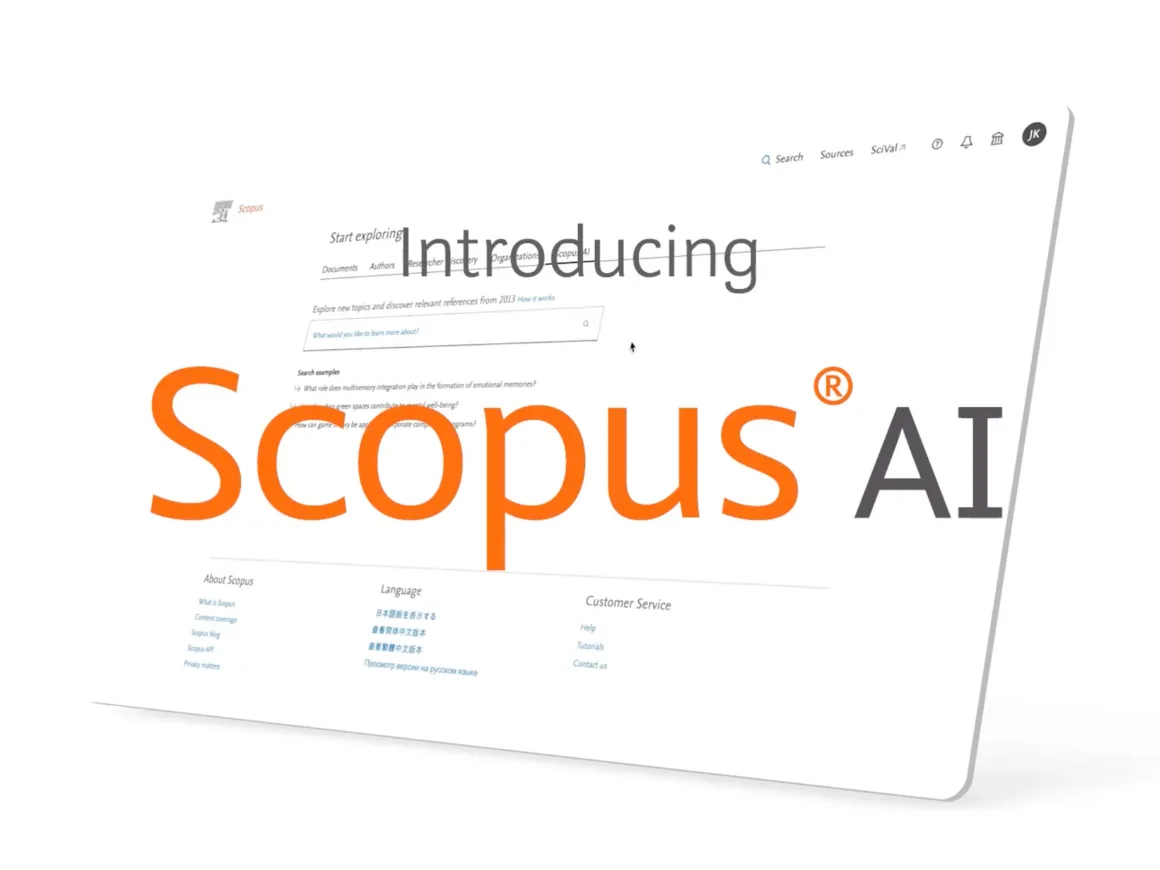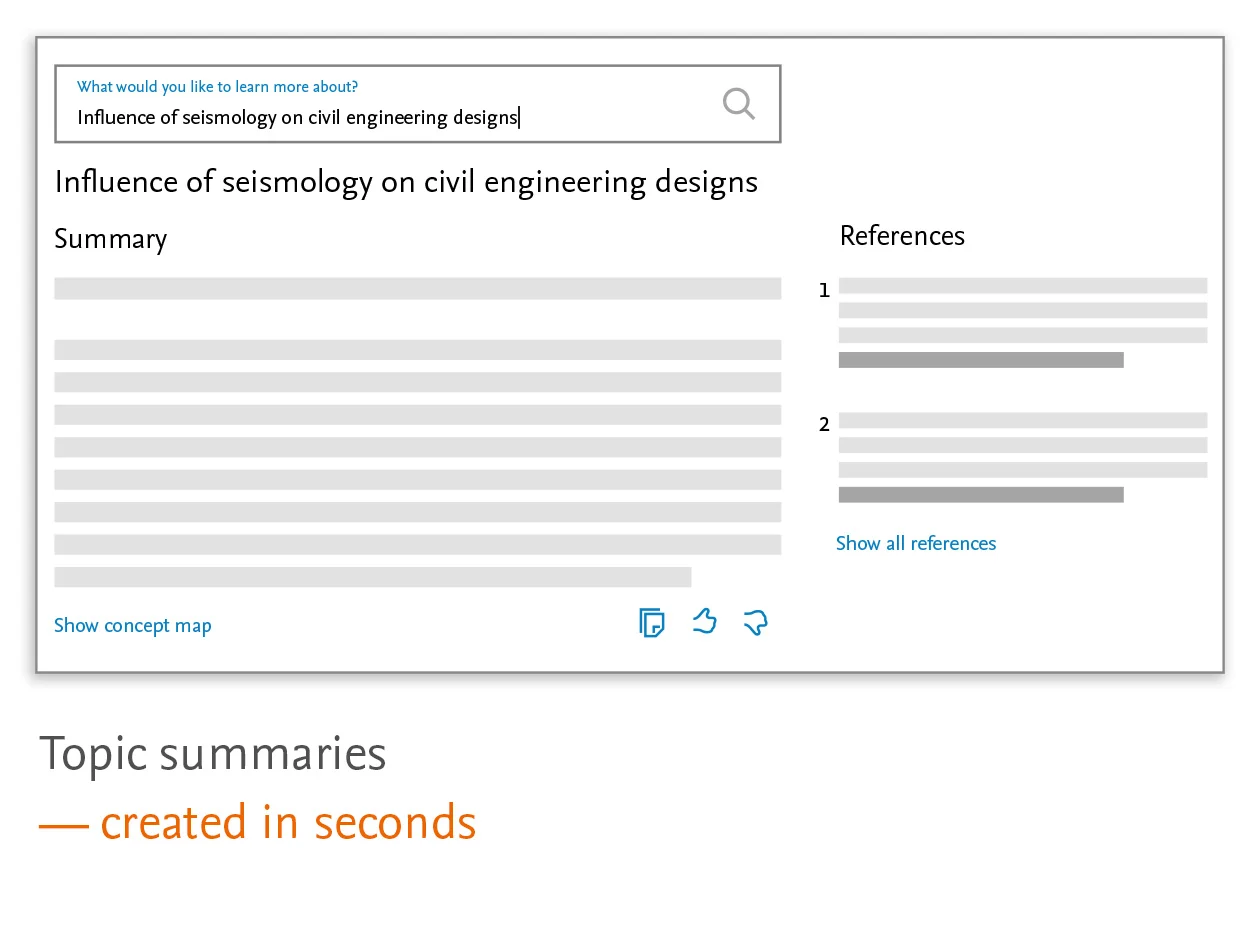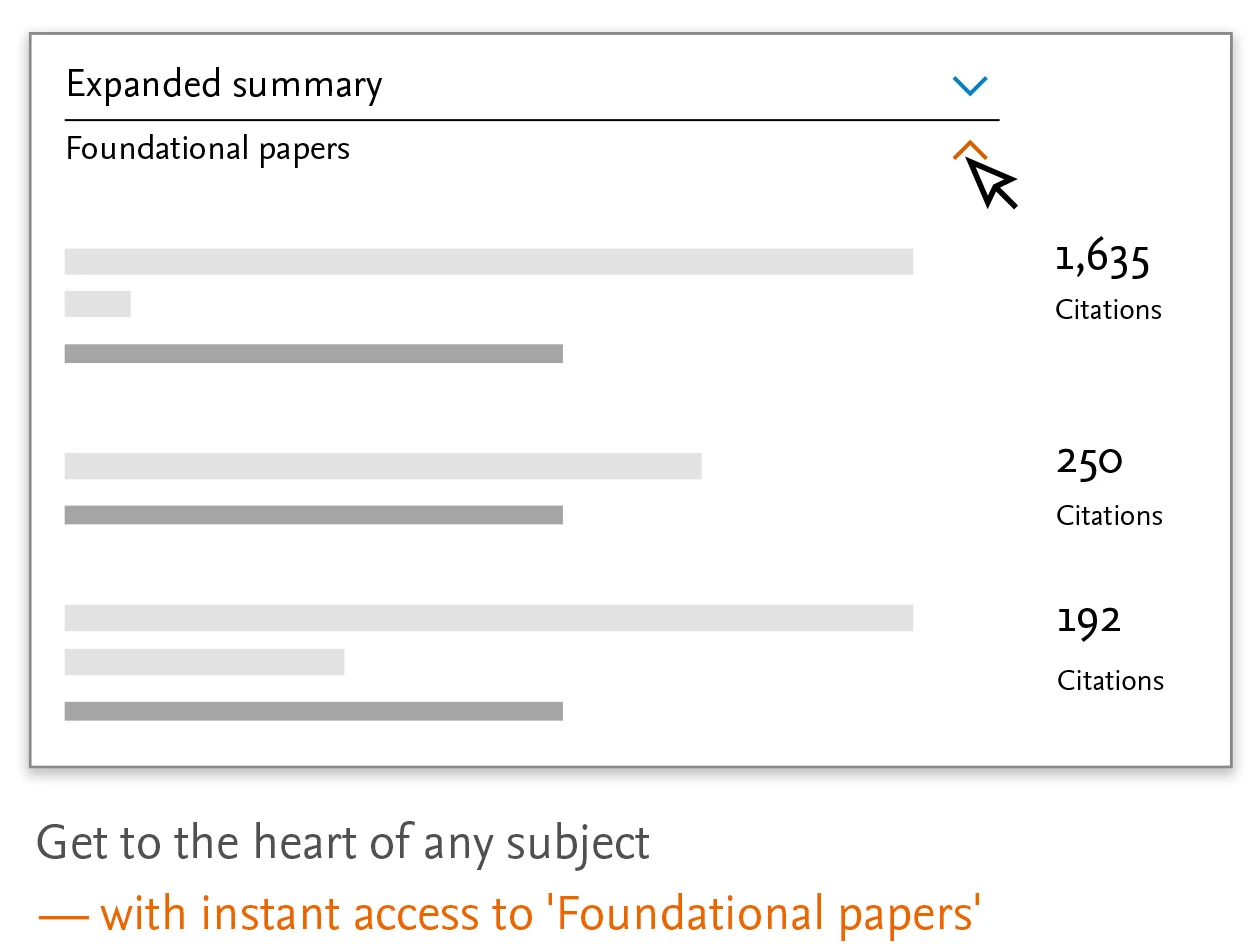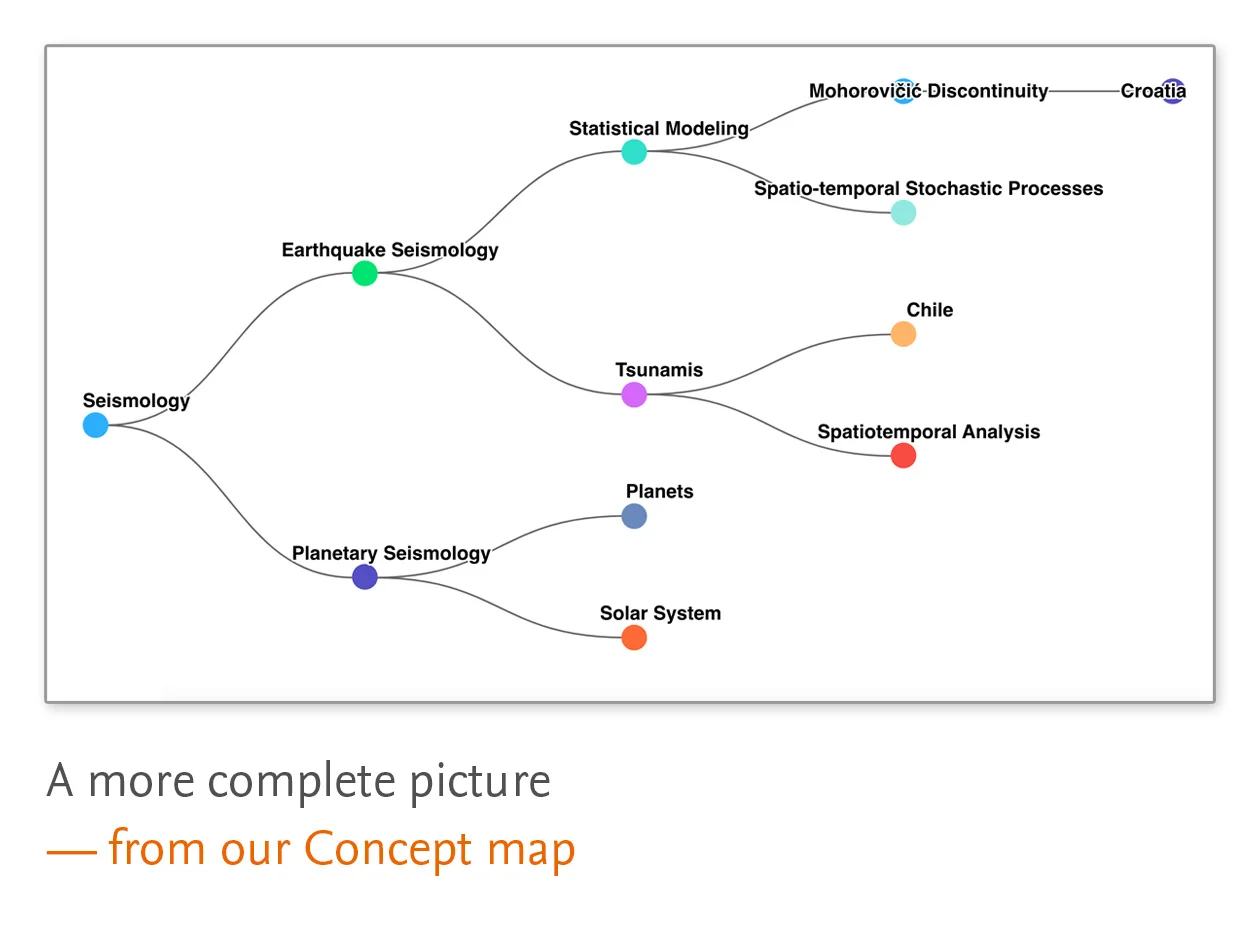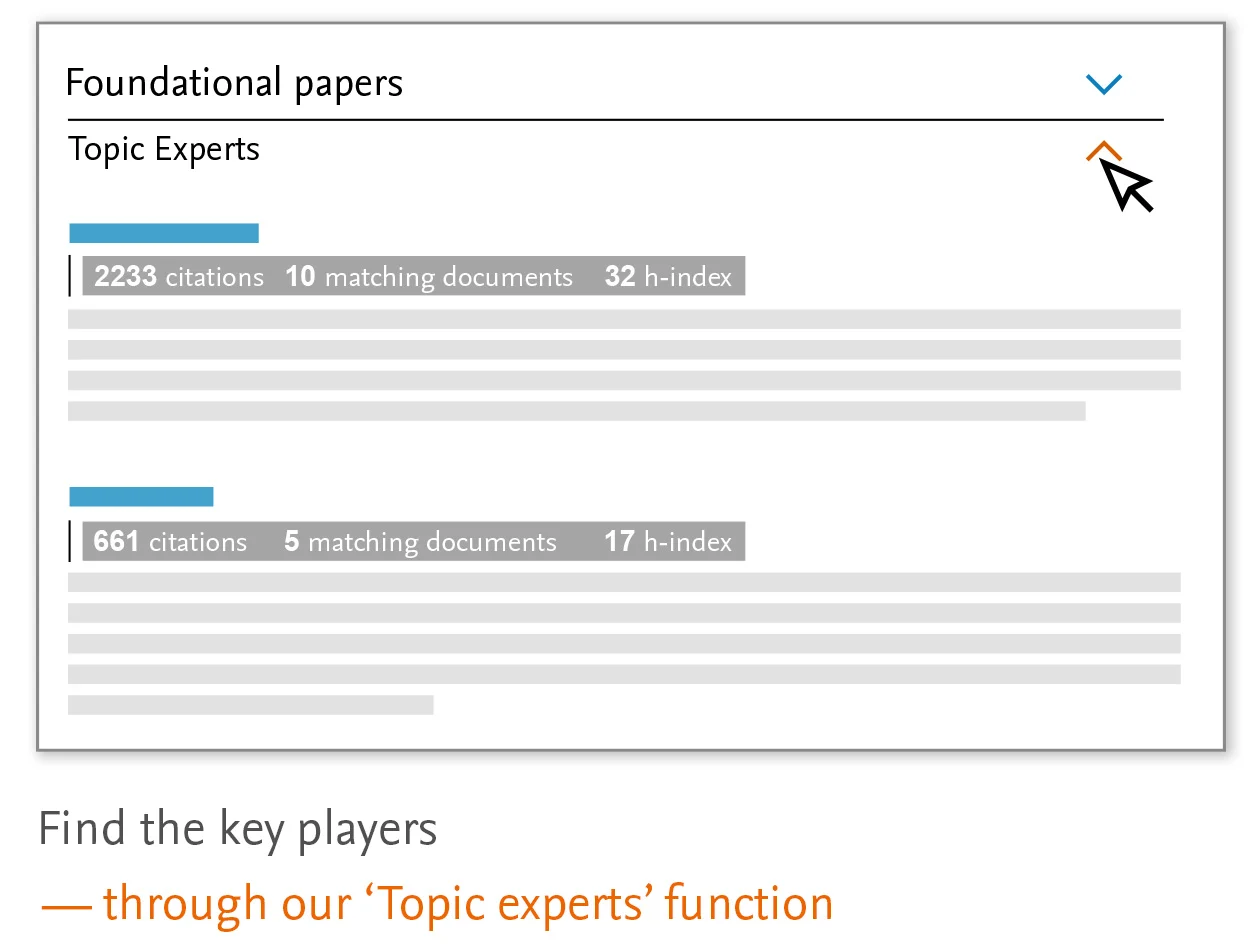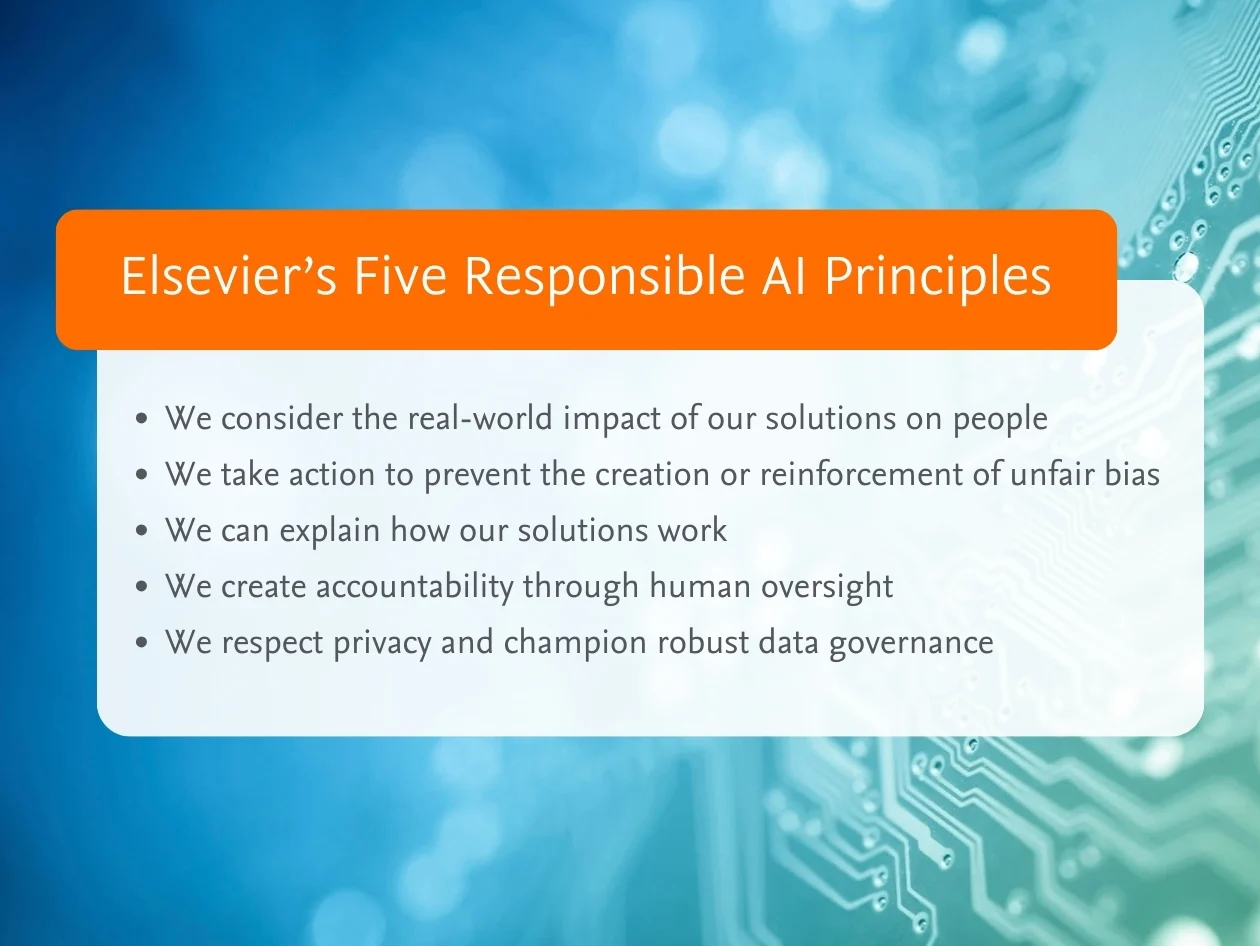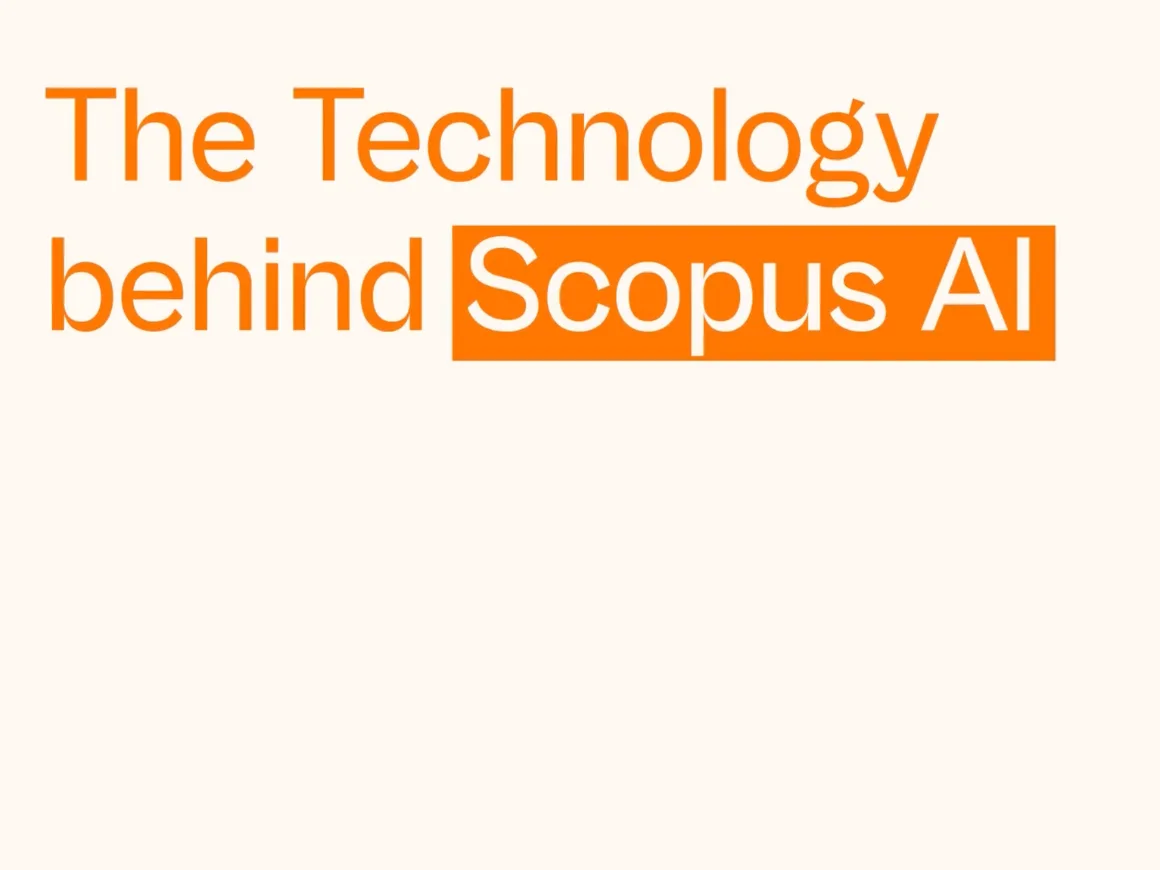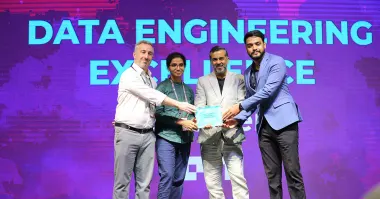When Scopus AI generates a response to your query, it draws on the metadata and abstracts of the following content types — with the exception of Conference Review, Erratum and Retracted items — published since 2013:
We chose 2013 as the start year to ensure that the response you receive is based on recent content. For the list of Foundational papers provided by the tool, Scopus AI mines the entire Scopus corpus to provide you with a comprehensive list of influential articles on your chosen topic.
A note about generative AI
While Scopus AI strives to ground its summaries and generative AI features in trusted Scopus content, there may be occasional discrepancies. It is possible for Scopus AI to generate results that could be seen as incorrect, misleading, biased, or even offensive. Scopus AI is not meant to provide legal, financial, or medical advice. Users should not solely rely on Scopus AI outputs without conducting independent research. If you want to utilize Scopus AI generated content in your work, please consult your institutional or workplace guidelines. Do not enter personal, confidential, or sensitive information into Scopus AI.
